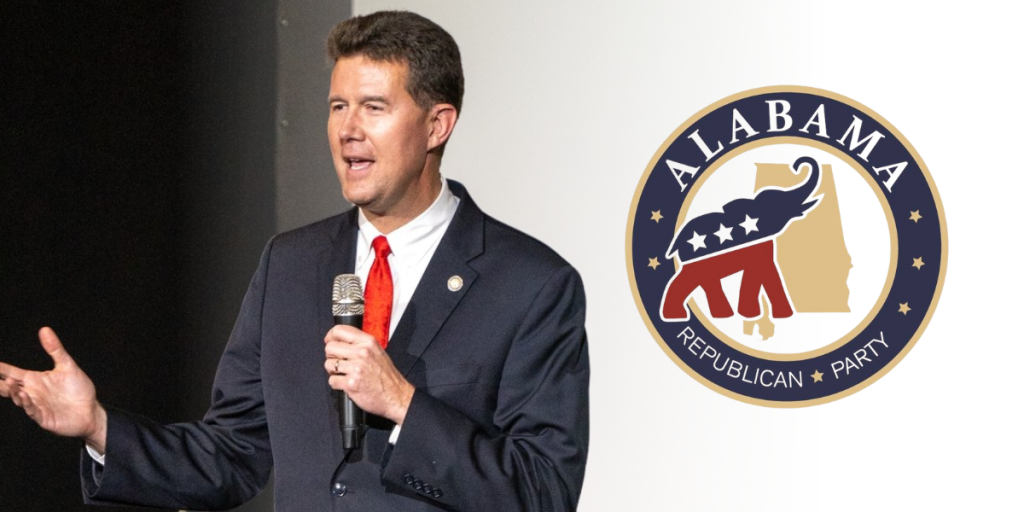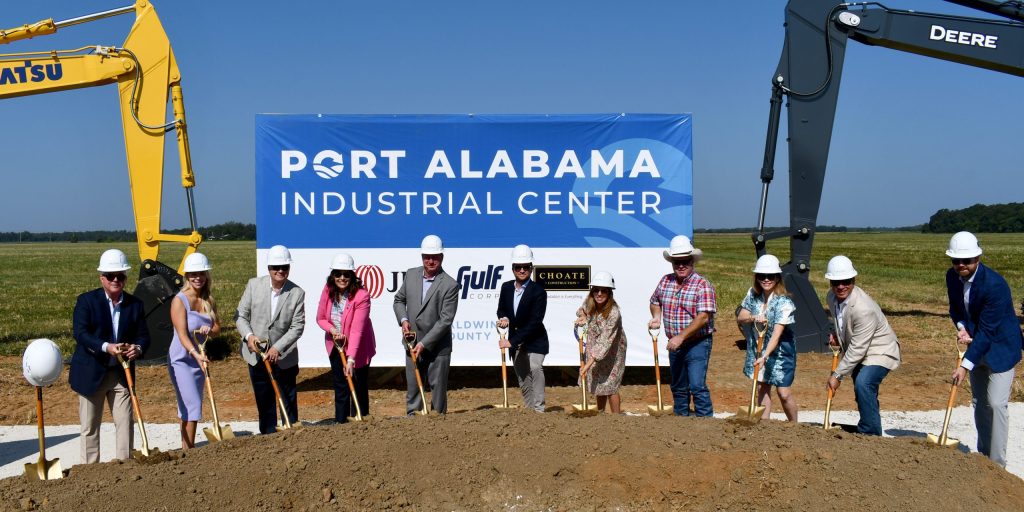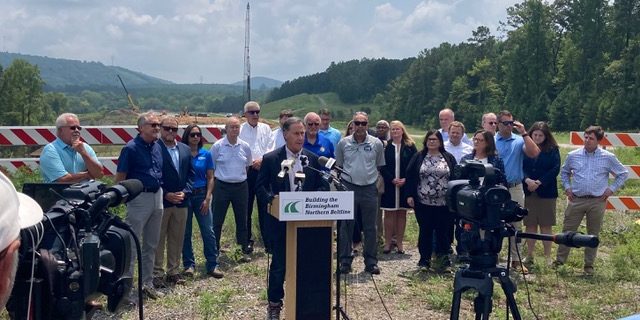The Center for Business and Economic Research (CBER) at the University of Alabama’s Culverhouse College of Business said the state’s economy will end this year with a 2.2 percent growth rate, a massive 70 percent increase compared to 2017.
“After growing 1.3 percent in 2017, and 1.2 percent in the first quarter of the current year, the state’s (Gross Domestic Product) will see an overall 2.2 percent growth in 2018,” the CBER said in its quarterly report, per a release by the Business Council of Alabama (BCA).
The report added, “The manufacturing sector is expected to have above-average growth.”
This impressive report for the Yellowhammer State reflects Gov. Kay Ivey’s slogan that “Alabama is working again” amidst record lows in unemployment and record highs in the number of Alabamians employed.
Nationally, the overall real GDP growth for 2018 will be 2.9 percent, the CBER projects.
“A strong labor market, a continued positive consumer sentiment, an increase in final sales and a steep decline in inventories gave a major boost to GDP growth, a trend that is expected to continue throughout the remainder of the year,” the CBER reported.
Alabama is benefiting from the country’s upward economic trend.
“As the national economy continues to gain momentum, Alabama’s real GDP will grow by 2.2 percent in 2018, to around $187 billion,” the CBER explained.
Economic growth includes adding jobs and adding to school and general government revenue – without raising taxes – for Alabama.
From July 2017 to July 2018, the state added 22,200 nonagricultural jobs, compared to 16,100 jobs from July 2016 to July 2017. For Fiscal Year 2018, which ends at the end of this month, total state tax revenues are expected to grow 4.5 percent and 3.5 percent in the following fiscal year.
Now, for Alabama, a state with huge manufacturing and agriculture industries, continued economic progress will depend heavily on the outcomes of respective trade standoffs between President Trump and Mexico, Canada, China, the European Union and Turkey, amongst others.
“The current robust (national) economic expansion that began in June 2009 is on track to become the longest in U.S. history,” the CBER outlined. “However, a number of pressing issues could derail the economy.”
Tariffs imposed by the federal government on various imported goods could lead to a decline in American exports, such as Alabama-made automobiles to China and European trade partners, which would have a significant negative impact on the economy of the state.
“Only time will tell the real economic impact of current trade policies,” the CBER summarized in its report.
Sean Ross is a staff writer for Yellowhammer News. You can follow him on Twitter @sean_yhn













